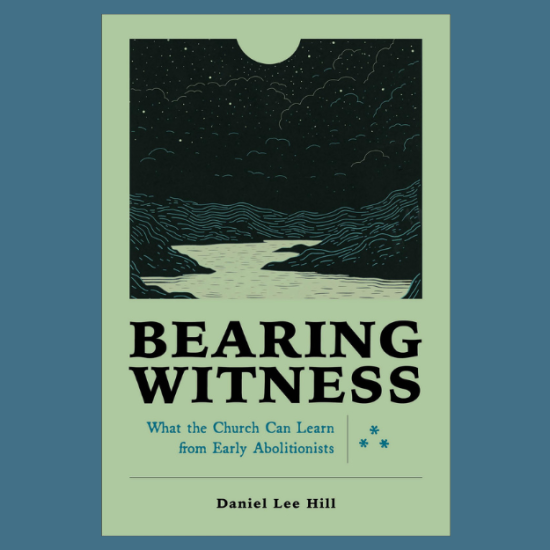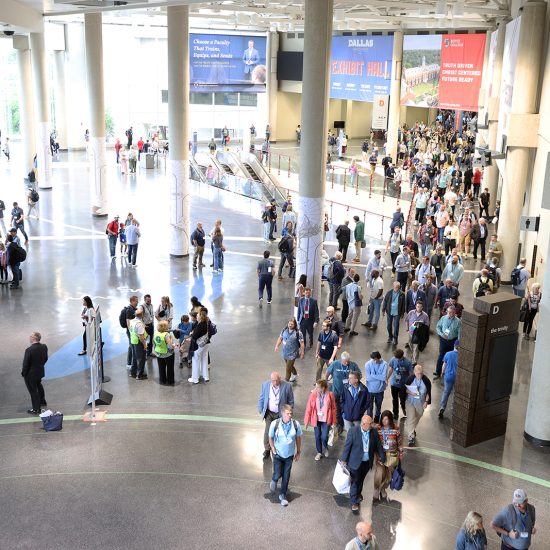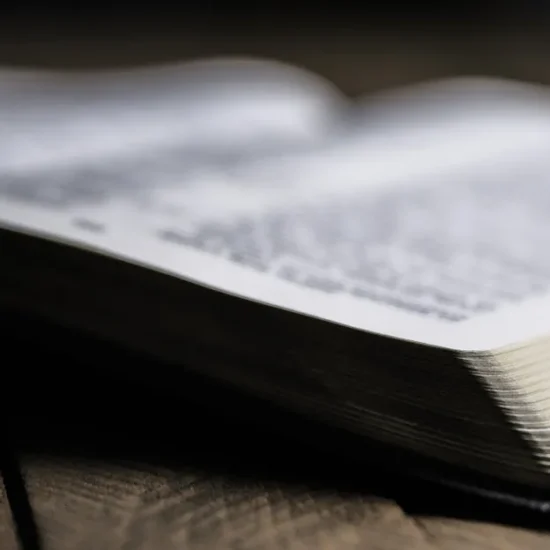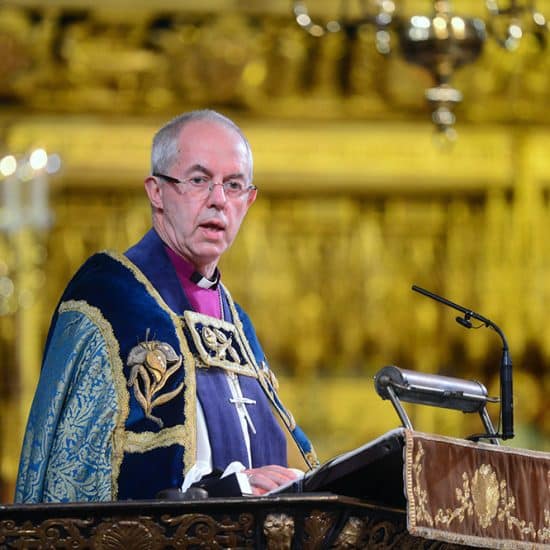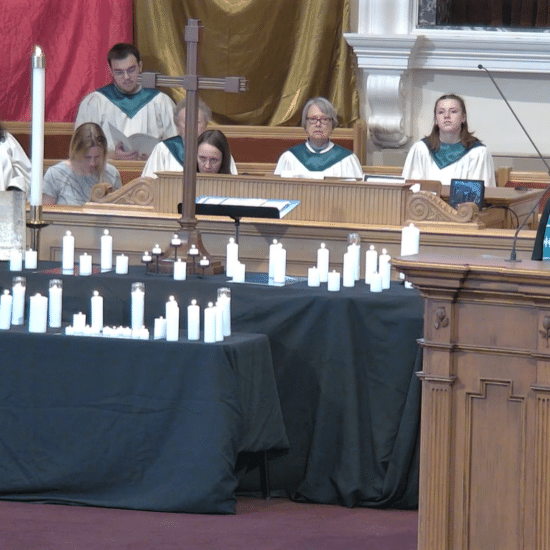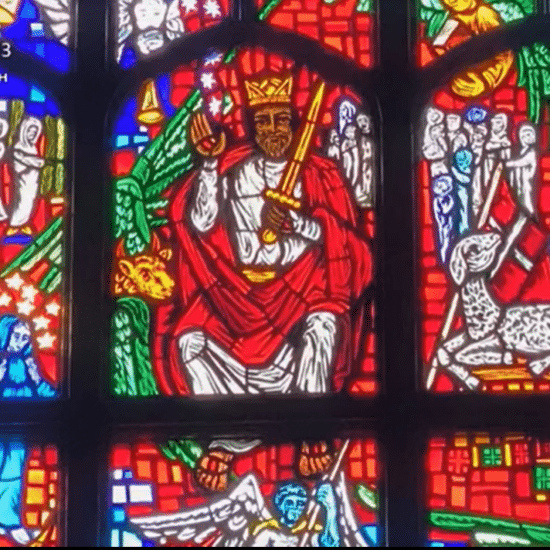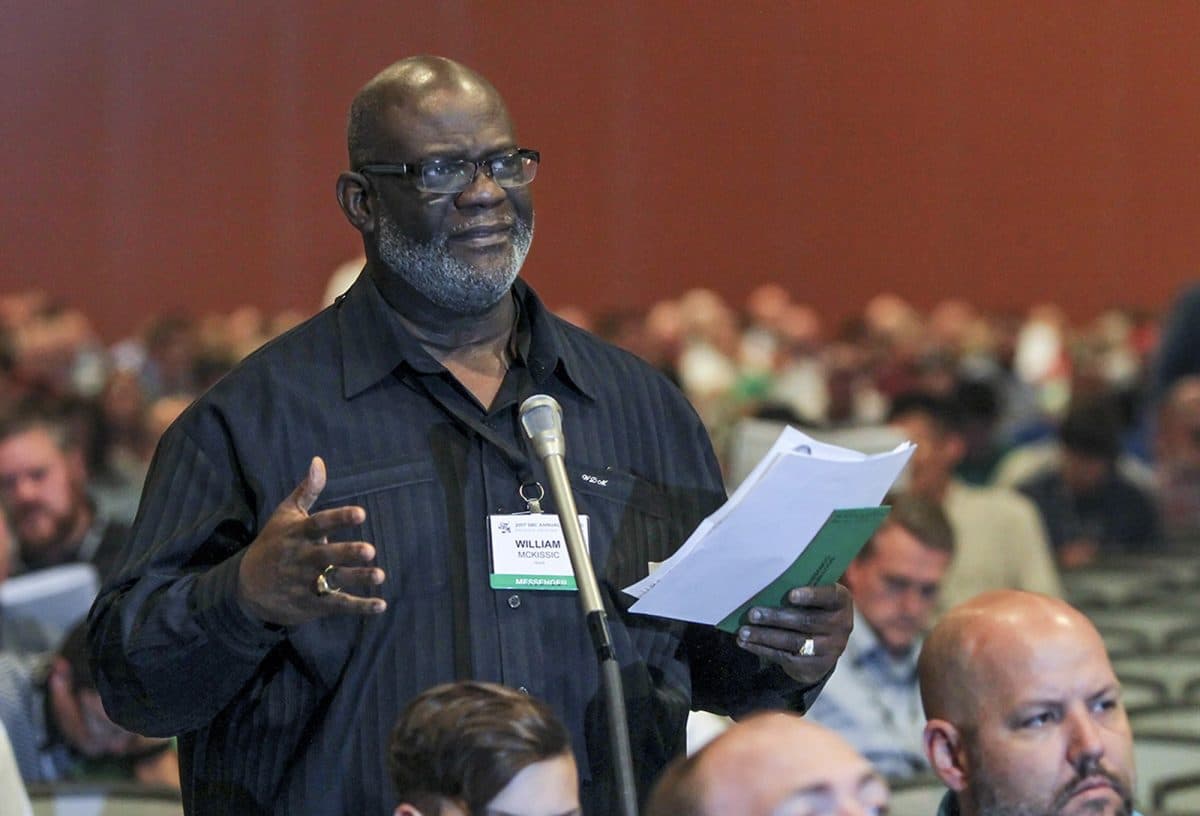
The cultural war over Confederate statues, monuments, and naming colleges, buildings, and other memorabilia after slave masters is not simply cultural warfare — it is also spiritual warfare. Spiritual warfare is an eternal and cosmic conflict between the Kingdom of God and the kingdom of darkness. It is also a conflict or battle between Baptist orthodoxy and Baptist heterodoxy.
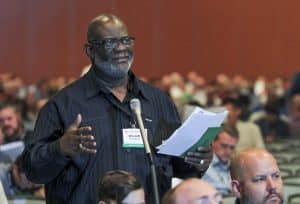
Dwight McKissic speaks about white supremacy during the 2017 Southern Baptist Convention annual meeting. (Van Payne/Baptist Press)
The Southern Baptist Theological Seminary was founded in 1859 at Greenville, South Carolina. After being closed during the Civil War, it moved to Louisville, Kentucky, in 1877. SBTS President Al Mohler acknowledges that James Petigru Boyce and other founders of the seminary were involved either in the Confederacy or the support of the Confederacy. All of them were involved in slavery.
Dr. Mohler writes, “Indeed, we cannot tell the story of the Southern Baptist Convention without starting with slavery. In fact, the SBC was not only founded by slaveholders; it was founded by men who held to an ideology of racial superiority and who bathed that ideology in scandalous theological argument. At times white superiority was defended by a putrid exegesis of the Bible that claimed a ‘curse of Ham’ as the explanation of dark skin, an argument that reflects such ignorance of Scripture and such shameful exegesis that it could only be believed by those who were looking for an argument to satisfy their prejudices.”
The Bible College on the campus of SBTS is named after James Boyce. Steve Bezner recently tweeted a seldom-spoken insight about the theological foundation(s) of SBTS: “Boyce helped found the school because the SBC was founded on a pro-slavery hermeneutic and needed a seminary which would support that hermeneutic.”
Larry Johnson explains why you cannot separate beliefs from behavior relative to orthodoxy: “His theological work is irrelevant if his life doesn’t match his practice. Don’t ask a person if Boyce was a believer ask John the Apostle. 1 John 4:20 straightforward exegesis. Can’t Love God if you hate your brother. John’s word is more sure than our opinions.”
Dr. Mohler defends naming the college and buildings after slave masters and Confederate soldiers thusly: “Their names on the buildings and institutions, however, are there not because of their dedication to slavery or the Confederacy. They are in there because of their steadfast commitment to the formation of The Southern Baptist Theological Seminary. Without them and their leadership, there would be no Southern Seminary. It was Broadus who said, ‘Let us quietly agree that the seminary may die, but we’ll die first.’ The founders of this seminary established an explicitly theological confessional heritage and confessional identity that governs our institution to this day. There is no school without them, and not just at the foundation. Their theological convictions define us even now.”
Mohler’s mainline of defense is the orthodox theology he maintains the founders of SBTS were committed to. The root question at the heart of whether or not James Petigru Boyce, John Broadus, Basil Manley, and William Williams should have a college and buildings named after them is this:
Can you be orthodox and simultaneously hold to a white supremacy construct, Black inferiority and servitude, misogyny, and the denial of Scripture by practicing slavery and denying women the right to vote within the SBC and secular society solely based on gender?
If you can be considered orthodox and hold these views, Mohler is right not to change the names on buildings at SBTS. The men who founded Southern Seminary supported and practiced the oppression of Black men and white and Black women. Baptist orthodoxy doesn’t embrace either one of those practices.
I maintain that men who are white supremacists, Scripture-denying, men-stealing, misogynists, and child abusers cannot be labeled orthodox — as Mohler labels them.
“If someone kidnapped your child and stole them, where would you want to put a statue of that person?” Joel Bowman writes.
I agree with Pastor Bowman. Al Mohler wants the names of these persons to forever be celebrated at SBTS. Acknowledged? Yes. Celebrated with buildings and colleges named after them — NO!
It took 150 years for the SBC to acknowledge and repent of the sin of slavery and their complicity with this evil institution.
It took 156 years for the SBC to acknowledge that the Confederate flag represented racism and the oppression of an entire race of people.
It took 73 years before the SBC allowed women to vote as messengers in their annual sessions. The SBC has never repented to women for denying them a right to vote and their example and complicity in denying women in America their constitutional right to vote.
President Donald Trump supports the protection of honoring the legacy of white supremacy by his adamant posture of honoring the names of Confederate soldiers on military bases, and statues and monuments that celebrate white supremacists. Al Mohler says he’s embarrassed by this President, yet he publicly announces he plans to vote for him. Mohler is following President Trump’s example by the insistence of honoring white supremacists on the campus of Southern Seminary.
Therefore, I’m not surprised that Mohler will dig in his heels and continue to honor enslavers, which clearly violates Scripture: “the sexually immoral, men who practice homosexuality, enslavers, liars, perjurers, and whatever else is contrary to sound doctrine” (1 Timothy 1:10). My huge disappointment is that Mohler compartmentalizes the aberrant theology of the founders of SBTS, relative to the Imago Dei and the curse of Ham, from their theology related to Christology. The Bible teaches that the “Scripture cannot be broken” (John 10:35). Dr. Mohler attempts to break the Scripture by separating their theological beliefs from their theological practices. The Bible condemns those who engage in the abuse of children: “But whoever causes one of these little ones who believe in Me to sin, it would be better for him if a millstone were hung around his neck, and he were drowned in the depth of the sea” (Matthew 18:6). It’s impossible to be a slave master and not abuse children.
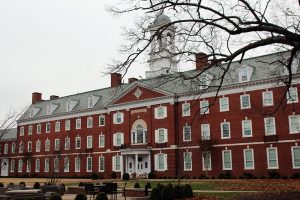
Boyce College on the campus of Southern Baptist Theological Seminary in Louisville, Kentucky. (Adelle M. Banks/Religion News Service)
You cannot have an orthodox view of soteriology while denying an orthodox view of anthropology. If you have a flawed view of one, you have a false view of the other. These men were not orthodox as Mohler purports. These men were racist and deniers of the very inerrant infallible Word of God that Mohler claims is the reason he still wants to honor them. The logic, theology, and cultural hermeneutics of 1845 birthed the SBC. It’s that same line of thinking, compartmentalization, and current SBC cultural theology that’s driving Al Mohler’s thinking on this matter. Again, given the SBC history, it’s not surprising that Mohler would refuse to deny these kidnapping, men-stealing, child-abusing, Scripture-denying, white supremacist men honor. It’s simply the DNA of the SBC for Mohler to cover and protect these men. They separated orthodoxy from orthopraxy in order to justify slavery. Mohler is doing the exact same thing in order to justify not removing the name of these heterodox men.
Princeton University, the State of Mississippi, county governments, city halls, and many other institutions all over America are re-examining and removing symbols, statues, signs, and memorabilia to slaveholders. Two of the holdouts are President Trump and Al Mohler. Perhaps Jesus had situations like this in mind when he said, “for the children of this world are in their generations wiser than the children of light” (Luke 16:8).
Given history, I suspect by 2040, the names on those buildings will come tumbling down. Truth crushed to the ground will rise again. The universe is so constructed that a lie just won’t stand, because the world was framed on the truth of God’s Word. Buildings and colleges that inherently honor white supremacy on SBTS campus simply will not stand. As he did in 1998, when Mohler affirmed American chattel slavery and called his position “stupid” twenty years later, we are going to see history repeat itself. The next generation will call his rationale for maintaining the names “stupid” even if Mohler does not. As a matter of fact, all over America — except in the White House and Southern Seminary — they are already calling honoring the Confederacy “stupid.” The argument to defend these men leaves the appearance that they were noble.
“People like to do bad things. People like to do bad things together, that’s systemic racism.” SBTS was founded to perpetrate and defend systemic racism, cloaked in “orthodoxy.” The four men who founded the school deserve remembering but not honoring. I pray that the Lord will let me live long enough to see the names changed. It happened in Mississippi; it can happen in Louisville.
The stronghold of racism that engulfed the SBC from her beginning still has a grip with building names that memorialize and remind Baptists of a period of heterodoxy, misogyny, “putrid exegesis,” and unrestrained racism. The only reason SBTS would resist changing names is because they would allow culture to trump Christ. “This means war.”
NOTE: Dwight McKissic wrote for his piece for his website and shared with Word&Way ahead of time for republication.

